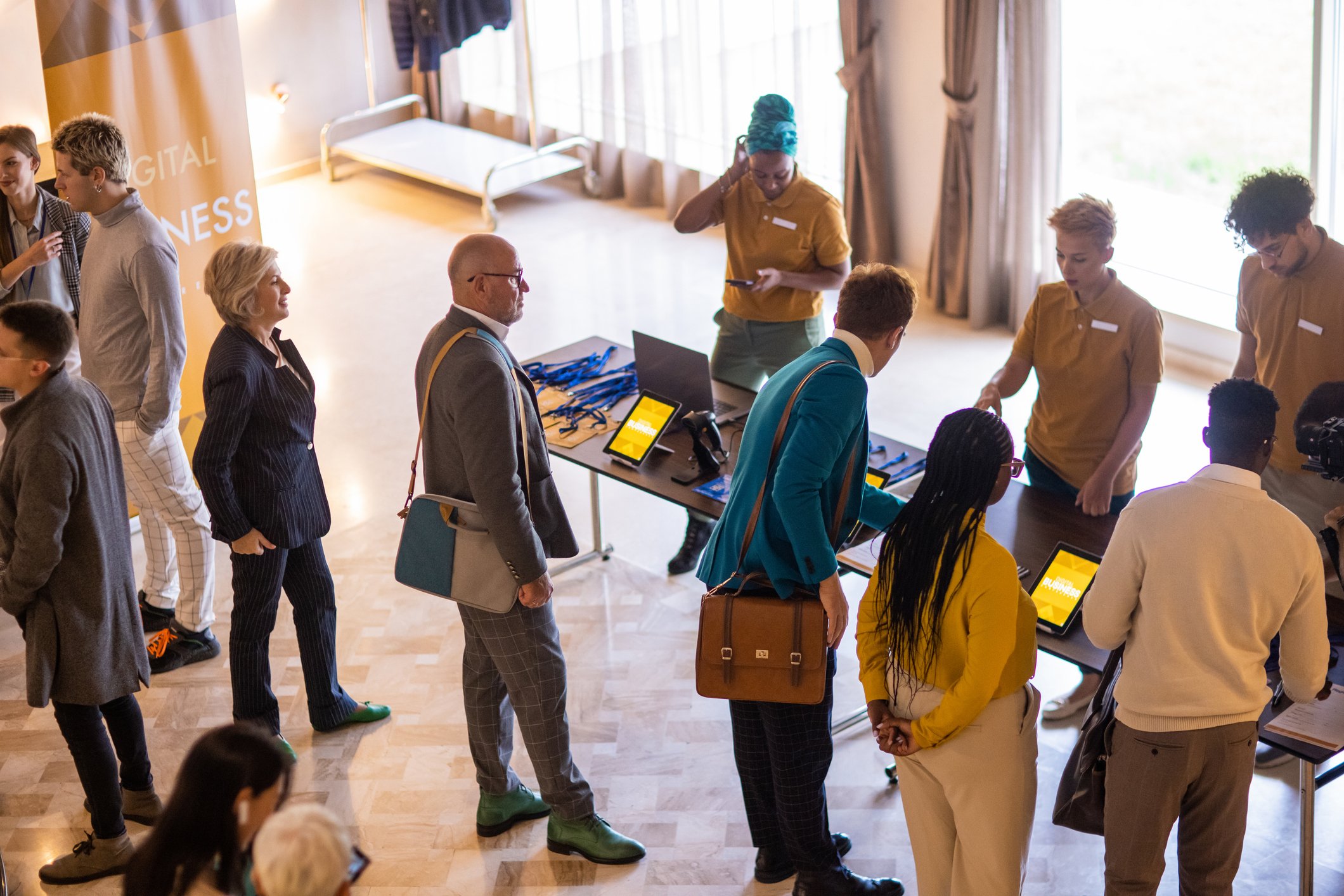Why verifiable ESG data now decides event venue selection, and how hotels can respond
By Paul Ashburn; Co-Managing Partner, HLB Thailand

For years, RFPs for meetings and incentives were won on location, space and service. That’s changing fast. Today, many corporates won’t shortlist a venue unless it can provide verifiable sustainability data alongside price and availability. What used to be a marketing claim is now a procurement requirement within the meetings, incentives, conferences, and exhibitions (MICE) industry.
What’s driving the shift
Two forces are converging:
-
Europe’s Corporate Sustainability Reporting Directive (CSRD) pushes large companies to report value-chain (Scope 3) emissions, including business travel and events. Procurement teams, therefore, ask venues for standardised, auditable numbers, not just a policy statement.
-
Regional momentum. In Asia, expectations are rising too. Singapore’s industry roadmap targets recognised sustainability certification across purpose-built MICE venues and much of the sector, while regional hubs such as Bangkok continue to climb global conference rankings. As the region grows its share of international events, the bar for credible ESG proof goes up with it.
What buyers now ask for
In practical terms, organisers are requesting the underlying metrics that can drop straight into a corporate report:
-
Energy used (kWh) and, where possible, renewable share
-
Water consumed (m³)
-
Waste generated (kg) and diversion rates
-
Food volumes served and basic menu composition (e.g., plant-forward options)
And they want it consistently formatted - typically via a simple CSV/Excel template - so procurement can reconcile venue data with their internal reporting systems.
At a recent sustainable hospitality conference in Phuket, discussions with hoteliers and investors confirmed the same pattern. As Gilles Baurieres, Executive Assistant Manager at The Athenee Hotel, Bangkok (the first hotel globally certified to ISO 20121), put it: “If a venue can’t show a sustainability policy and some form of certification, they’re unlikely to progress.”
Beyond compliance: why finance teams care
This isn’t only a sales issue. Capital allocation is also moving toward climate-aligned assets. Diep Ngoc Do, who leads the International Finance Corporation’s (IFC) Green & Resilient Buildings programme in the Mekong region, noted:
“Resilience isn’t just a technical issue. It’s a financial one. Buildings that can withstand climate shocks are more likely to retain value and attract financing.”
For hotel owners and asset managers, that means the same metrics used to win RFPs - energy, water, waste and carbon - are increasingly reviewed by investors and lenders during due diligence. Strong data governance can both unlock bids and widen access to capital.
How venues can operationalise credibility
From an assurance perspective, three themes separate venues that sail through procurement from those that struggle:
-
Data governance (who does what). Define clear roles (collection, review, sign-off) and simple error-correction procedures. Keep source evidence (utility bills, meter logs, weigh tickets, invoices) organised and retrievable.
-
Standard templates (make it easy for buyers). Build a post-event data sheet in CSV/Excel showing the core fields you can supply - kWh, m³ water, kg waste (with diversion %), covers/food volumes, and any relevant accessibility indicators. Consistency reduces ad hoc requests and speeds up procurement. Using a sustainability platform such as Tuu, which helps hotels collect, verify, and present ESG data in a consistent, auditable format, can also streamline reporting and give buyers greater confidence in the results.
-
Independent verification (credibility under scrutiny). Even limited-scope assurance can surface gaps early (missing documentation, weak controls, inconsistent units). A trial engagement also clarifies the level of evidence buyers or auditors will expect before a high-stakes tender.
A practical starting checklist
-
Write it down: Publish a short sustainability policy that references your event operations (energy, water, waste, sourcing, accessibility).
-
Capture the trail: File monthly bills, contractor weigh tickets and relevant F&B invoices; keep photos or logs for one-off measures.
-
Set a quarterly cadence: Update your figures and share proof with clients regularly, not just once a year.
-
Run a dry-run review: Ask an independent provider to review a recent event’s numbers against your evidence set and identify improvement actions.
-
Align to recognised frameworks: Where feasible, map your controls and documents to ISO 20121 or an equivalent framework so you’re future-ready for certification.
What “seamless sustainability” looks like in practice
Leading venues are making ESG invisible to the client and visible on paper:
-
Pre-event forecasts and post-event impact reports generated from property data (energy, water, waste, carbon).
-
AI-assisted food-waste logging in kitchens, producing auditable reductions and clear reporting lines.
-
Menu templates with plant-forward, locally sourced options as standard.
-
A one-click data export that the organiser can upload to their sustainability report.
The aim is simple: reduce planner workload while improving the quality and credibility of the evidence.
The payoff - and the risk
With stronger data governance and periodic verification, venues typically see three benefits:
-
Shortlist success: Cleaner, comparable numbers de-risk the buyer’s RFP process.
-
Faster contracting: Fewer follow-up questions and less back-and-forth over evidence.
-
Financing readiness: A clearer picture of operational performance that resonates with investors.
The flip side is also clear: without verifiable proof, venues risk falling off shortlists, out of corporate supply chains and over time down the queue for capital.
For hotel leaders, treat sustainability data like financial data: controlled, evidenced and periodically reviewed. That’s what wins today’s bids and protects tomorrow’s asset value.
How HLB can help
HLB supports hospitality businesses in building credible, verifiable ESG data systems. We help hotels and other MICE venues strengthen sustainability assurance, control design, and reporting readiness aligned with international standards. Strengthen your reporting today and be ready for tomorrow’s procurement demands.
Related content






